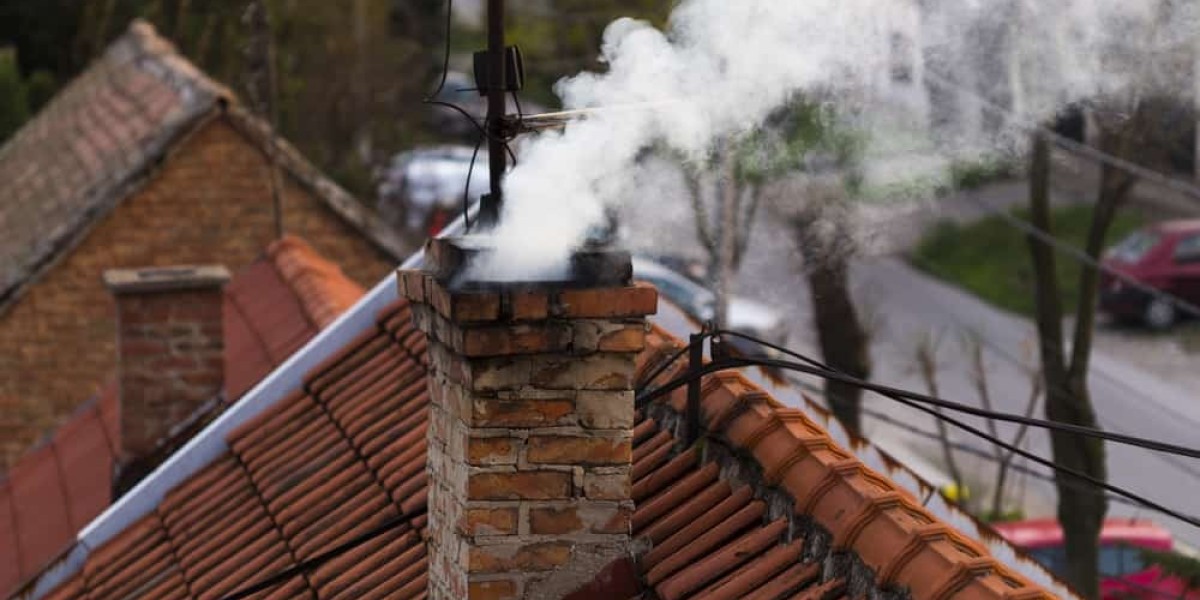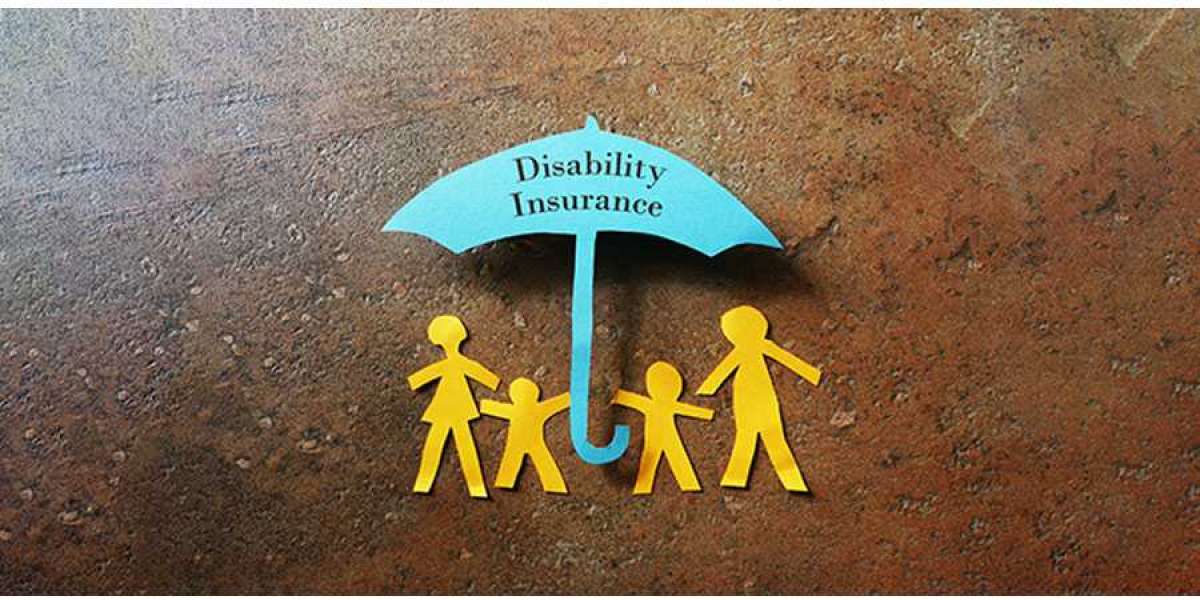If your house has a lovely fireplace, you've probably spent many hours by the warm, crackling fire. But have you ever considered how often your exquisite chimney requires some TLC? If yes, delve into this comprehensive guide to unravel the realm of chimney cleaning and the significance of keeping it in pristine condition. So, let's commence!
Why Chimney Cleaning Matters
Consider your chimney a bustling thoroughfare for smoke, gases, and other pollutants to depart your home. These compounds can collect over time and form a noxious deposit known as creosote — a highly combustible material that, if left unchecked, may cause an extensive fire. A filthy chimney may additionally trigger inadequate ventilation, allowing smoke to stay in your living space. Yikes! Thus, professional chimney cleaning in Sacramento is requisite to avert this situation from arising. Taking this necessary step will help enhance the safety and efficiency of your chimney system.
The Ideal Cleaning Schedule
So, how often should you roll up your sleeves and clean that chimney? Well, the frequency is determined by a few factors:
Usage:
If you use your fireplace frequently throughout the winter, you should clean it at least once a year. Doing so eliminates creosote accumulation before it becomes a fire hazard.
Type of Fuel:
The rate of creosote development is also affected by the kind of fuel used. For instance, wood produces more creosote than gas. Thus, considering more frequent cleanings is effective if you typically utilize wood.Learn how often your chimney should be inspected and cleaned for safety purposes. Get tips on maintaining your chimney's health, eliminating creosote build-up, and protecting against potential hazards. To know more about., Then visit our blog post now.
Weather Conditions:
The weather, believe it or not, may have an impact. In adverse conditions, chimneys can decay faster. If your location has recently suffered intense storms or earthquakes, you should get your chimney examined.
Animal Activity:
Chimneys offer a conducive place for critters to build their homes. Thus, investing in periodic inspections and cleanings can keep animal nests and debris out of your chimney.
Signs That It's Time for Cleaning
Even if you follow an elementary cleaning schedule, heed to telltale signs that your chimney may require care sooner:
Foul Odors:
If you notice foul odors when using your fireplace, this might be a symptom of creosote accumulation.
Excessive Smoke:
When you build a fire, does your living room get smokier than usual? It might suggest a lack of airflow and the need for cleaning.
Soot Build-up:
Examine the inside of your fireplace. If there is a heavy coating of black soot on the surface, it is time to clean.
Chimney Fires:
If you've had a chimney fire, no matter how minor, you must examine and clean your chimney before using it anew.
Leave it to the Pros — Professional Chimney Cleaning
While it may be tempting to try chimney cleaning alone, leaving it to the pros is typically better, especially if you are a novice. Professional chimney sweeps have the equipment, knowledge, and skills to meticulously clean your chimney and identify possible problems that could otherwise go undetected.
So, don't jeopardize your safety and comfort. Instead, schedule regular chimney cleanings to maintain your fireplace burning safely and effectively.
Final Thoughts
Cleaning your chimney is more than just a hassle; it's a necessary step in guaranteeing the safety and efficiency of your fireplace. You may extend the life of your chimney by following a regular cleaning program and heeding warning indicators. So, let's keep those chimneys clean and spend numerous pleasant evenings by the fire!








